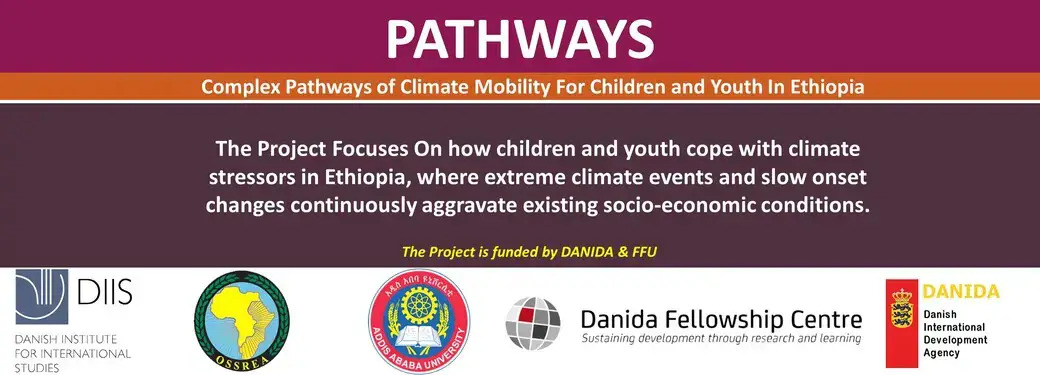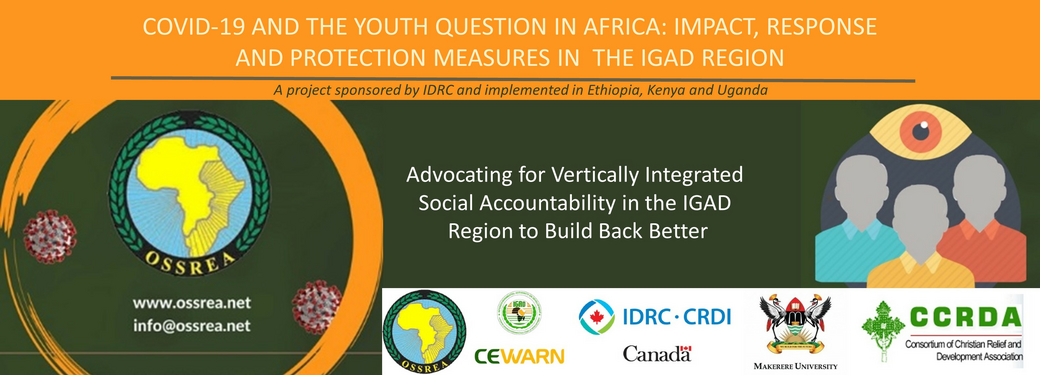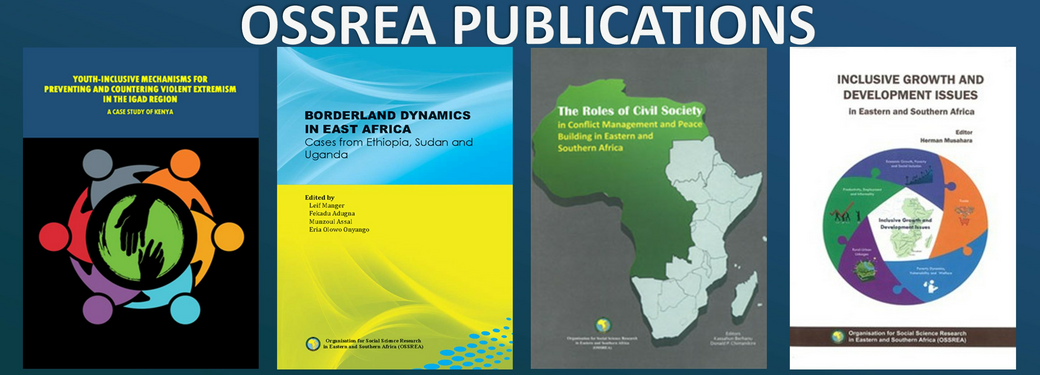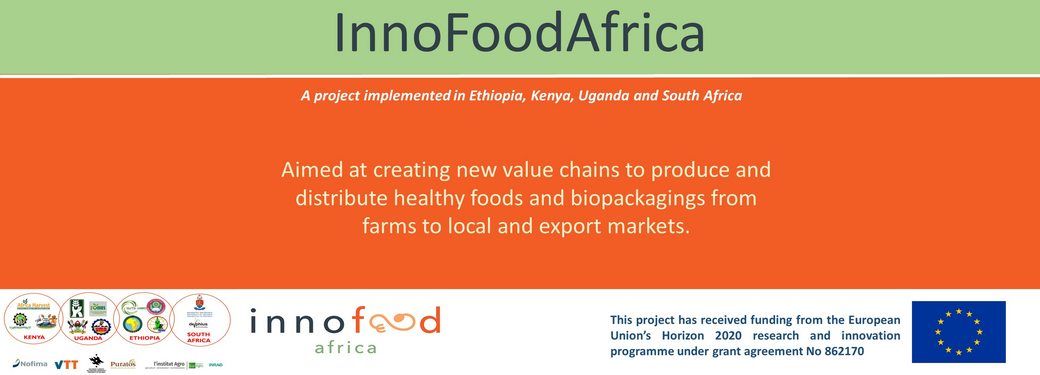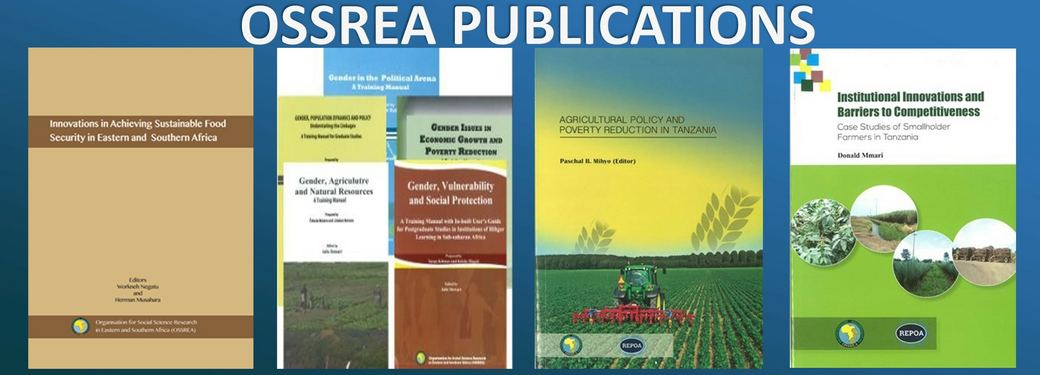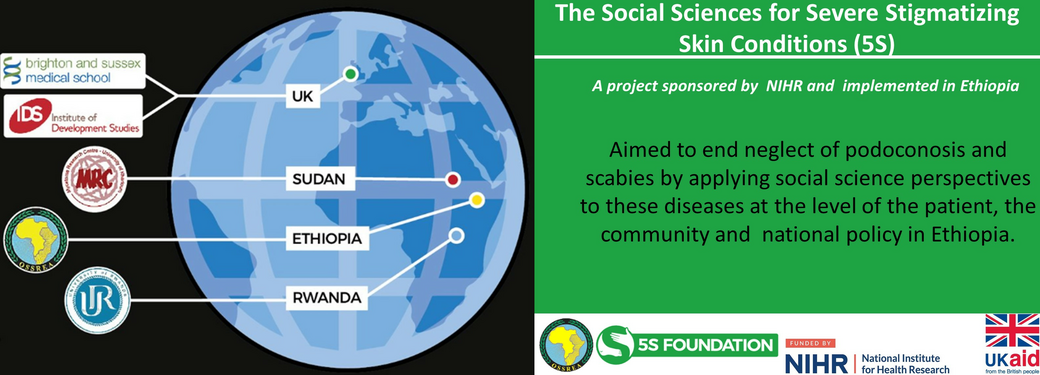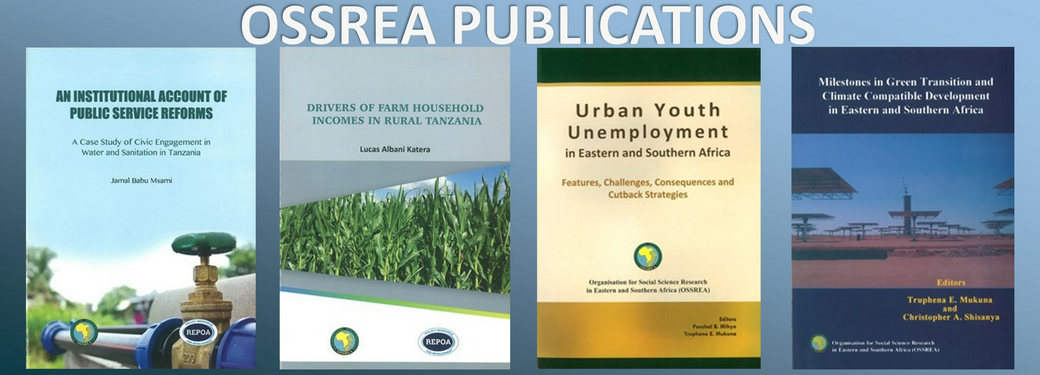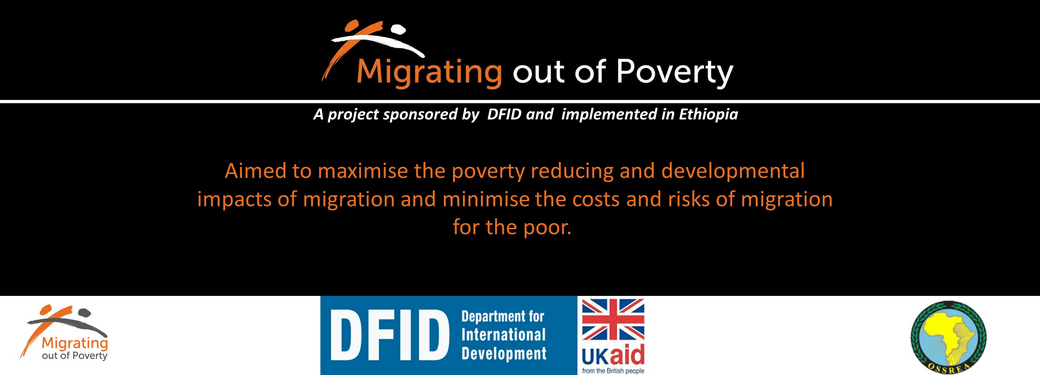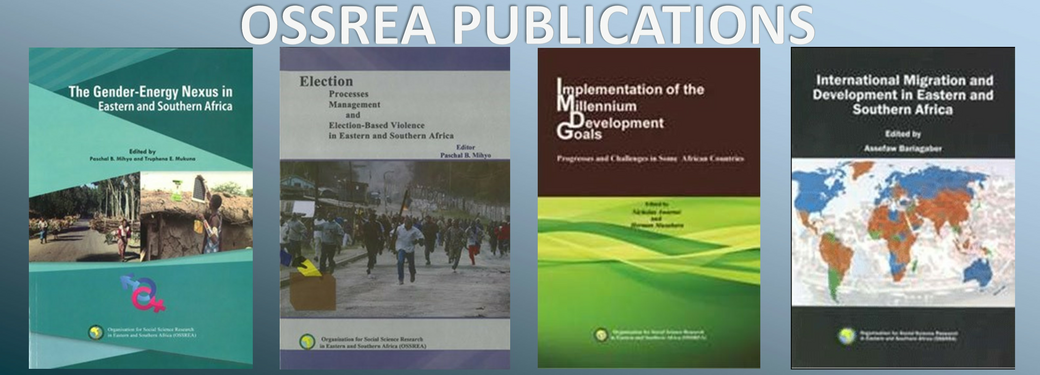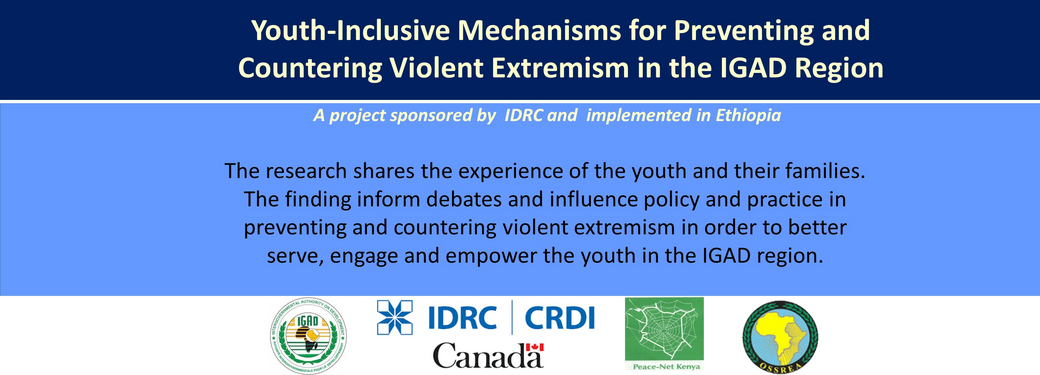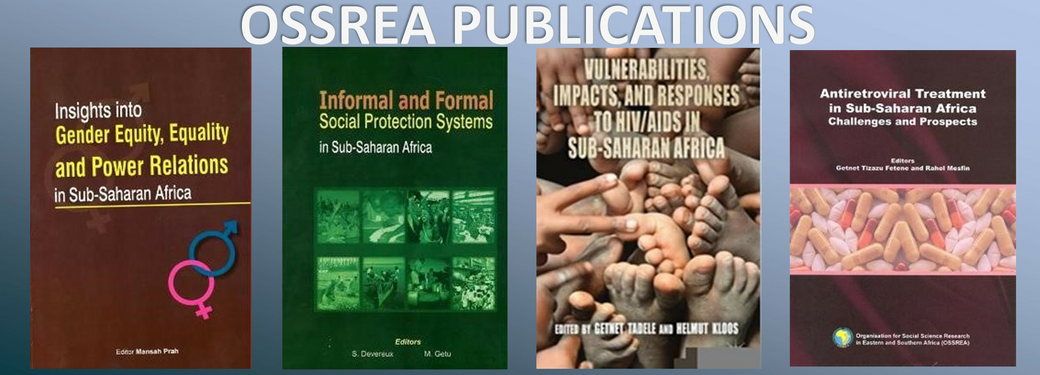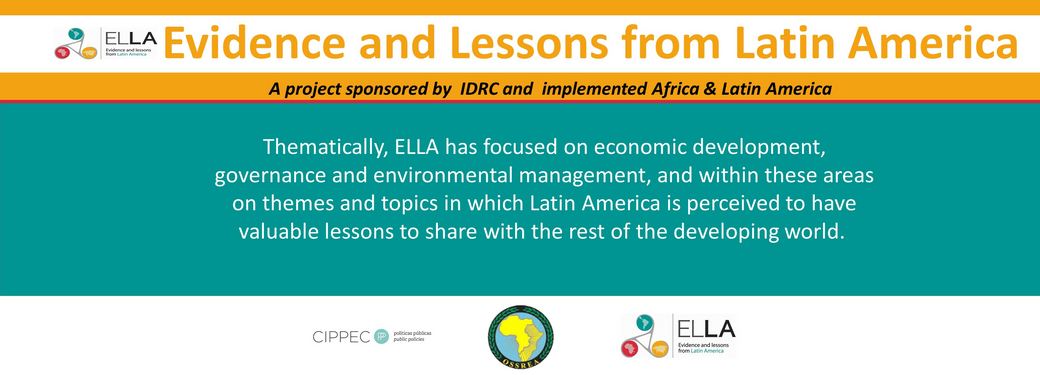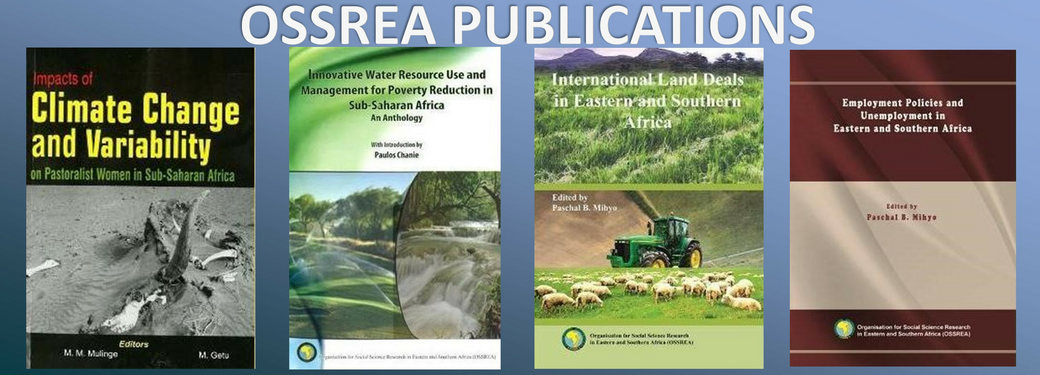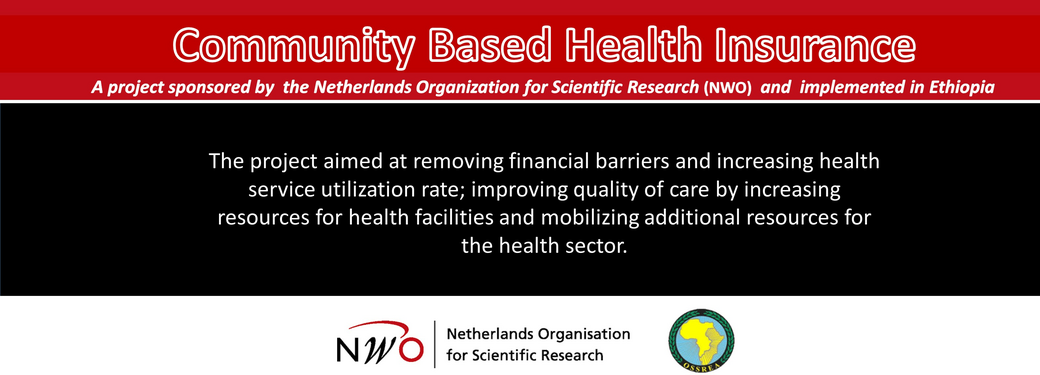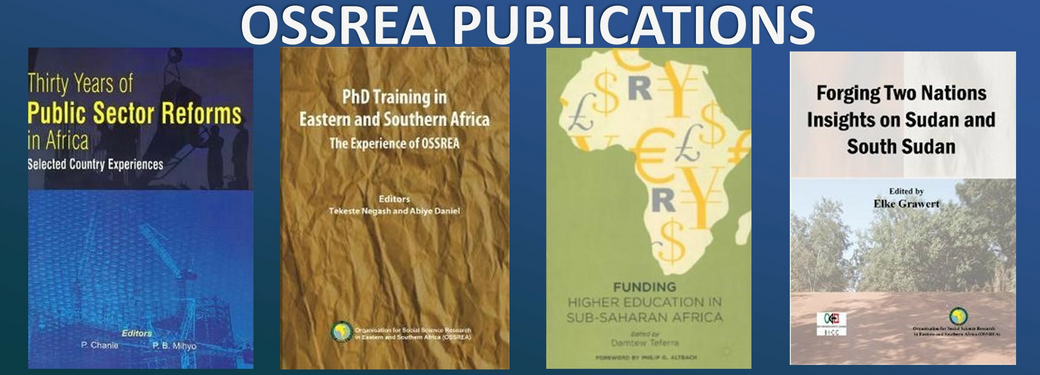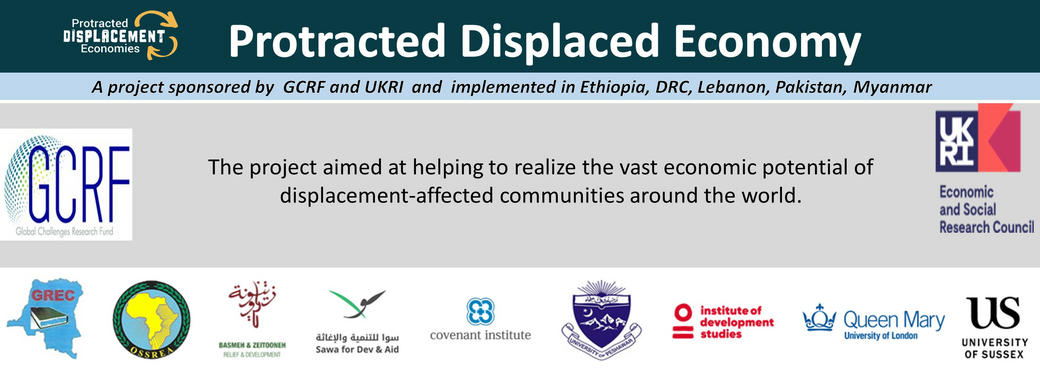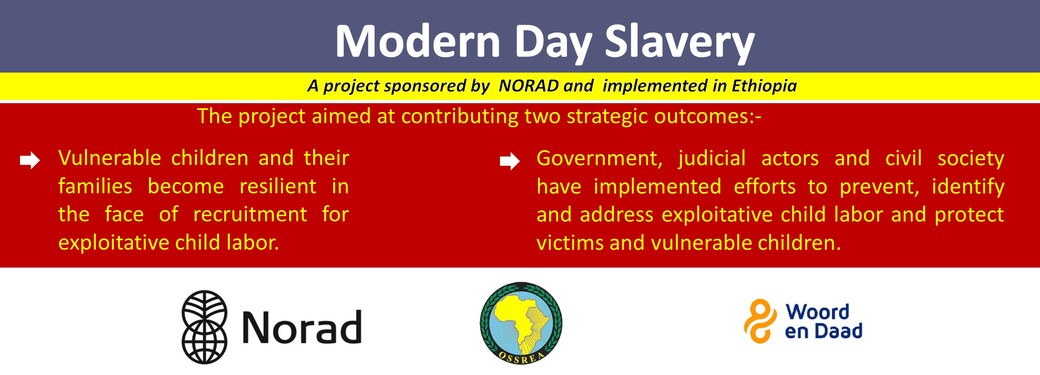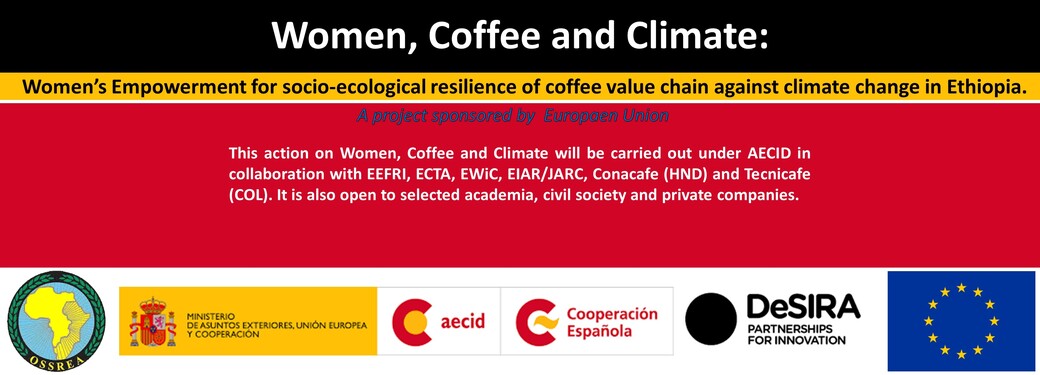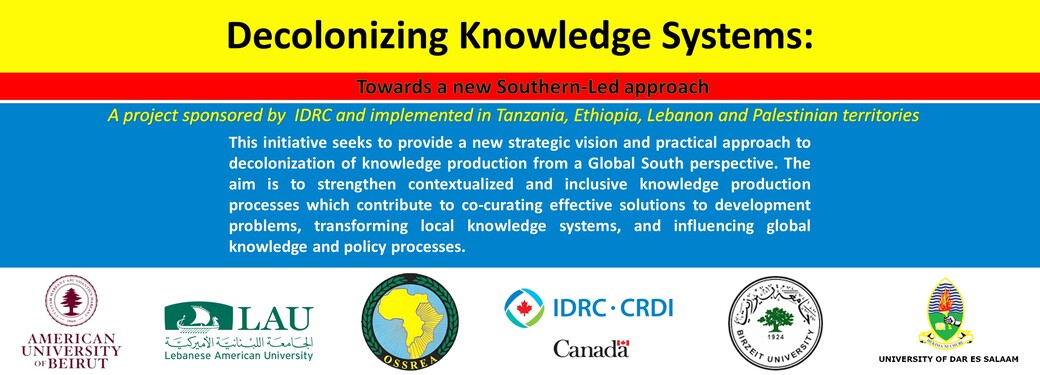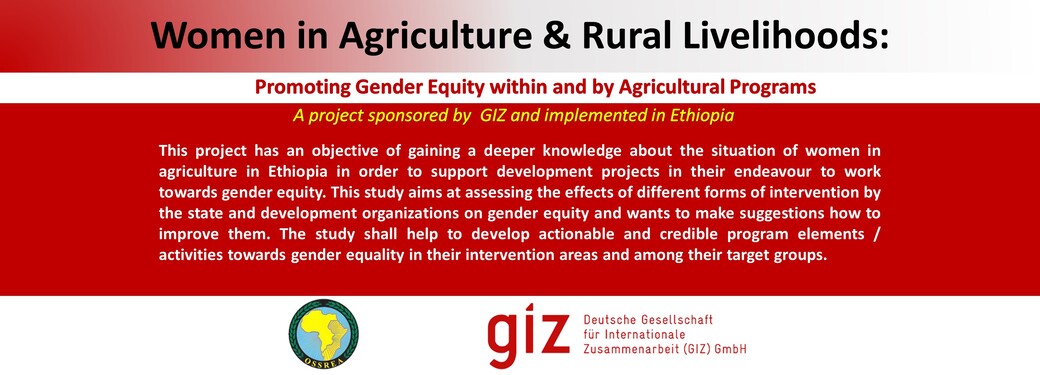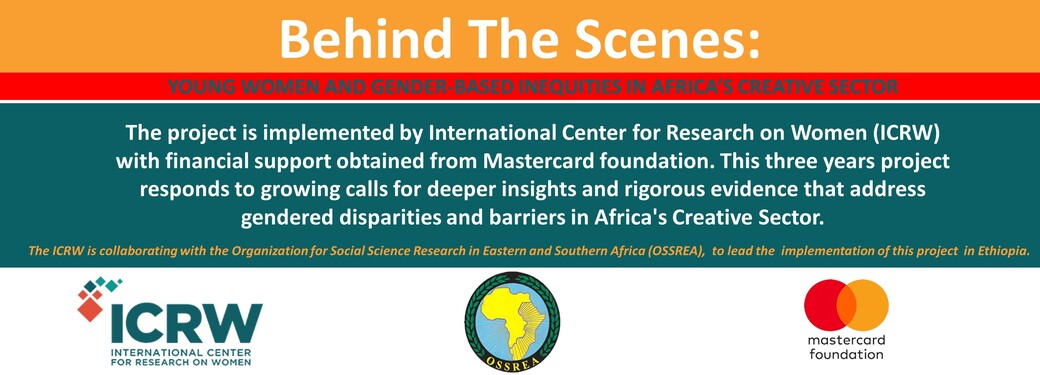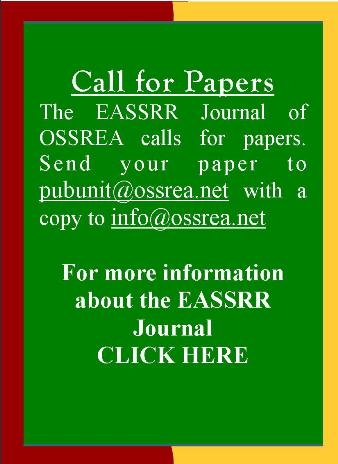Women In Agriculture & Rural Livelihoods
PATHWAY
Women, Coffee and Climate
Modern Day Slavery
P/CVE Project
Migrating out of Poverty - Ethiopia
ELLA Project
Inclusive Mechanisms Targeting Youth for Countering Violent Extremism in the IGAD Region
The creation of an inclusive mechanism to mainstream youth and youth issues into interventions in Countering Violent Extremism (CVE) poses substantive conceptual, methodological and policy challenges. For the most part, young men and women make up the majority of actors- and “foot soldiers”- that embrace and actively engage in acts of violent extremism (VE). As the threat posed by VE deepens in Africa, especially, inter-governmental state and non-state institutions are investing time and resources to contemplate and implement innovative and collaborative solutions. However, there is still a plethora of gaps in the conceptual understanding of youth engagements in VE and in the current approaches put in place by state and non-state actors to CVE.
A longitudinal design and mixed method is deployed in this study, with emphasis on scholarly and action-oriented policy outputs. Placing premium on gender-disaggregated data, the study emphasizes in-depth contextual analysis of the structural factors that underpin youth exclusion, injustice vis-à-vis violence, extremism and radicalization. Three organizations: OSSREA (academia), PeaceNet(CSOs) and IGAD (Inter-governmental) are collaborating to bringing critical synergies and comparative advantages to the successful implementation of the project. The network will jointly engage in the co-production of new knowledge and interventions on multi-stakeholders engagement with youth in CVE. The overall aim is to generate new and richer body of knowledge and perspectives to inform evidence based policy interventions on CVE in two member states of the Inter-Governmental Authority for Development (IGAD); (Kenya and Uganda), and across Africa.
- Details
- Written by Super User
- Created: 23 May 2018
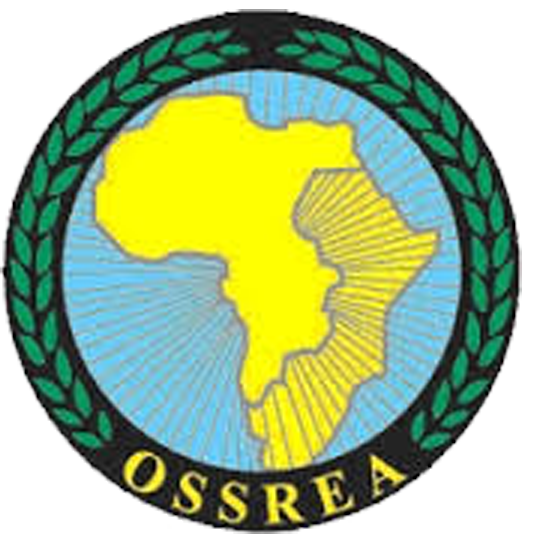 |
 |
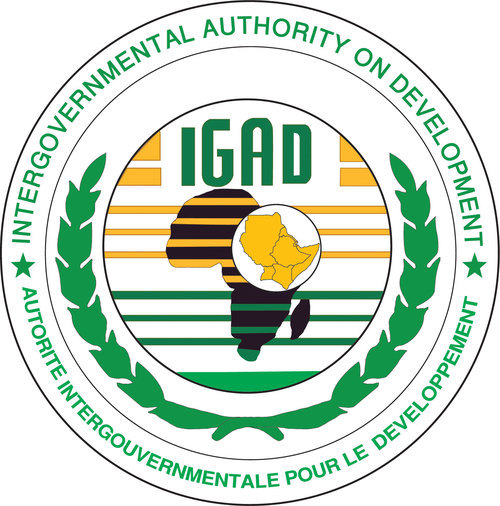 |
 |
Baseline Study
The P/CVE Project research team comprised of Prof. Sunday Angoma, Dr. Truphena Mukuna, Mr. Alemu Tesfaye, Mr. Samuel Oando, Mrs. Lina Zedriga, Mr. Mosses Okello, Mr. Nickson Olwa successfully completed the baseline study both in Kenya and Uganda. The research team covered Nairobi, Mombasa and Garissa for the Kenya Baseline study and Kampala, Mayuge, Gulu and Kitgum for the Ugandan baseline study.
Research Method Used
The qualitative and quantitative research method that was adopted for this study was bottom-up so that it could take into account the knowledge based practices and perceptions of the target beneficiaries. It considered gender and age of youth from high-risk areas in Kenya and Uganda. Data was generated following the experiences and understanding of the specific tactics used by VE organizations to recruit, coerce, indoctrinate and socialize with young people.
A multi-stakeholder survey was also used to take into consideration the gender roles, age factors, location specific factors and social status. This is to provide knowledge on designing context and geography in areas affected by violent extremisms. The multi-stakeholder perspective is now helping us to triangulate the use of political, religious and other identity-based ideologies, and is providing key explanatory frameworks for grievances and discourses why it is so easy to mobilize young people into violence and/or how they can be involved as agents of change. The multi-stakeholder approach also helped in capturing the practices and perspectives of the youth, state and non-state actors in enhancing equal participation of male and female youth, of different economic and social status, in countering violent extremism. The perspectives of the local communities and case stories that are relevant for study came out a lot, based on each local context.
Nairobi Research Process
After the workshop held its preparatory meeting for two (2) days at the Peacenet Offices and Palm Tree Hotel on 2nd to 4th May 2017. The Nairobi Team consisted of Gertrude Openda, Hawi Rapudo, Johnstone Kibor Lucy Olga and Meshack Koballa (supervisor). The project lead and supervisor followed up with phone calls and at times face-to-face interactions to distribute questionnaires and conduct the daily debriefs. The research was conducted in Dandora, Kiambiu , Harambee, Maringo, Makongeni and Landi Mawe, Kawangware/Satelitte, Huruma, Eastleigh, Majengo, The academic institutions visited include Moi university (town campus), University of Nairobi, St. Pauls University, MMUST, Technical university of Kenya, Hekima college, mt. Kenya university.
The Civil Society/ NGO who were visited include UN Safer Nairobi Initiative, ICGLR Regional Youth Forum, Kenya National Commission on Human Rights, Pamoja for Transformation, Security Research Information Centre, Catholic Justice Peace Commission, Centre for Public engagement on Social and Economic Affairs, Ministry of Youth Offices, Saferworld, County Governance Watch. Government offices were also visited.
Uganda Research Process
Like in Kenya, the research in Kampala, Mayuge and Gulu used 2 categories of questionnaires, one targeting youth respondents and another targeting stakeholder. The FGDs targeted stakeholders and youth in a discussion. The observation method followed on the social, economic and political domains. On the social domain, most people who are Muslims were observed under circumstances of their different sects and mosques and mosques of different sects. On the economic domain, I observed there is unemployment amongst the youth and poverty.

